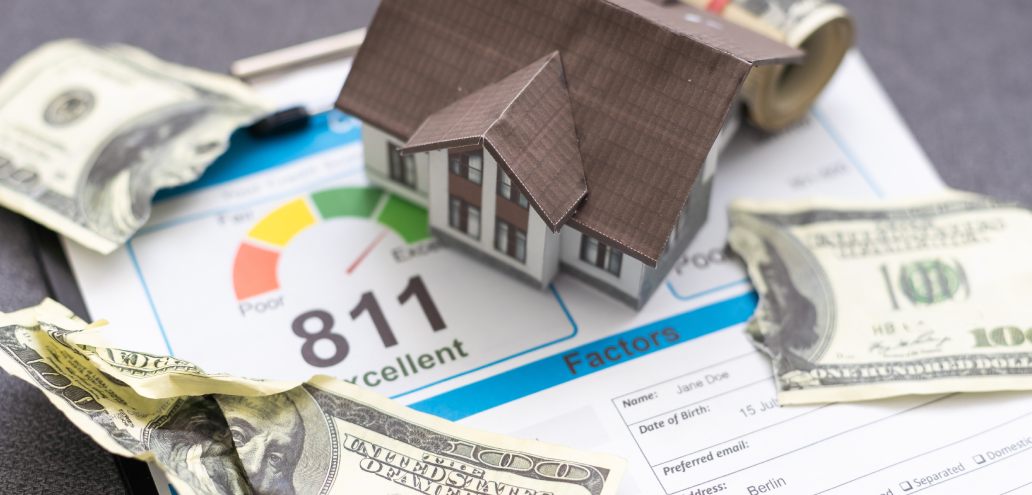The Great Recession hit hard over a decade ago, but today it’s virtually unrecognizable—fortunes have reversed at full throttle.
But a sudden growth spurt isn’t without its problems. Rino Bortolin, councillor for Ward 3, which encompasses downtown Windsor, has been vocal about skyrocketing housing ownership and rental prices in the city’s core. He told CREW that a home that sold for around $300,000 last summer now runs buyers roughly $400,000.
“There’s a lack of affordability on the bottom side of the scale,” he said. “We, as a municipality, have a backlog for creating affordable housing, and that puts pressure on the overall market.”
To be clear, Bortolin welcomes his city’s change in circumstance—the rental vacancy rate was as high as 13% during its Great Recession-induced nadir, and now it’s about 2.5%—which includes roughly 5,000 international students. However, a unit that rented for $800-900 a couple of years ago now goes for about $1,400, and with a paucity of new housing supply, especially on the affordable side of the spectrum, Bortolin worries about the effect it could have on his city if left unchecked.
“As more students came and people bought houses for investment purposes, it triggered other growth in the community and our home prices are actually increasing period-over-period faster than anywhere else in the country,” he said. “While they may be technically low, anything that was $300,000 last summer is now $400,000.”
“We welcome out-of-town investors who are responsible and good neighbours,” continued Bortolin. “But we’ve had a lot of problems; after the 2008 recession, property values tanked and people, including outside investors from as far away as Canada’s west coast and China, came in and gobbled up properties, but when they got renters they became poor landlords. We welcome with open arms anyone who wants to come in responsibly and take their role as investor and landlord seriously by keeping that investment well taken care of, and being a good neighbour to everyone else in the neighbourhood. To be honest, those have been a huge problem for us.”
The housing dearth, too, is beginning to manifest as the cost of living becomes untenable for many long-time city residents. However, the city is trying to solve that problem by increasing supply as quickly as possible, and one way, says Bortolin, is by waiving development charges in the downtown core, in addition to a slew of other incentives, including as much as $5,000 per unit, 10-year tax grants and converting unused commercial space into residences, as part of a community improvement plan.
“We introduced the incentives three or four years ago, and they’ve just caught on with people only putting shovels in the ground now. We need to build more density and have more apartments in smaller areas, and that’s why we’re promoting incentive packages, but not fast enough,” said Bortolin.
Windsor’s ascension is driven by a buoyant economy and population boom, which explains why, even though construction has increased by 7.5%, the vacancy rate stubbornly remains below 3%.
“We’re increasing supply and not reducing the vacancy rate because people are all coming in,” said Joe Fallea, a sales agent with RE/MAX Preferred Realty. “We’re even renting houses out now, which we’ve never done before.”
Fallea noted Windsor’s economy has diversified beyond automotive to aerospace, agricultural and pharmaceutical, and that it has robust manufacturing and research sectors. But he added that COVID-19 has stunted the housing permitting process, creating a backlog, and with supply incapable of keeping apace demand, prices are slated for a double-digit increase this year.
“Everything is in place—everything is approved for developments, but now they’re just waiting to get the permits,” he said. “There’s a lot in the pipeline but prices will still go up. We’re looking at a 15-20% price increase this year.”
In a city already feeling the weight of growing housing prices, new supply can’t come soon enough.
“In the last year and a half, homes have been selling for $75,000-150,000 over asking,” said Fallea. “There’s zero new developments to buy, only resale, which is going up because of that. Once we get two or three large-scale developments into the market, we may see a slowdown of single-family resales because people will buy new.”
Neil Sharma is the Editor-In-Chief of Canadian Real Estate Wealth and Real Estate Professional. As a journalist, he has covered Canada’s housing market for the Toronto Star, Toronto Sun, National Post, and other publications, specializing in everything from market trends to mortgage and investment advice. He can be reached at neil@crewmedia.ca.









